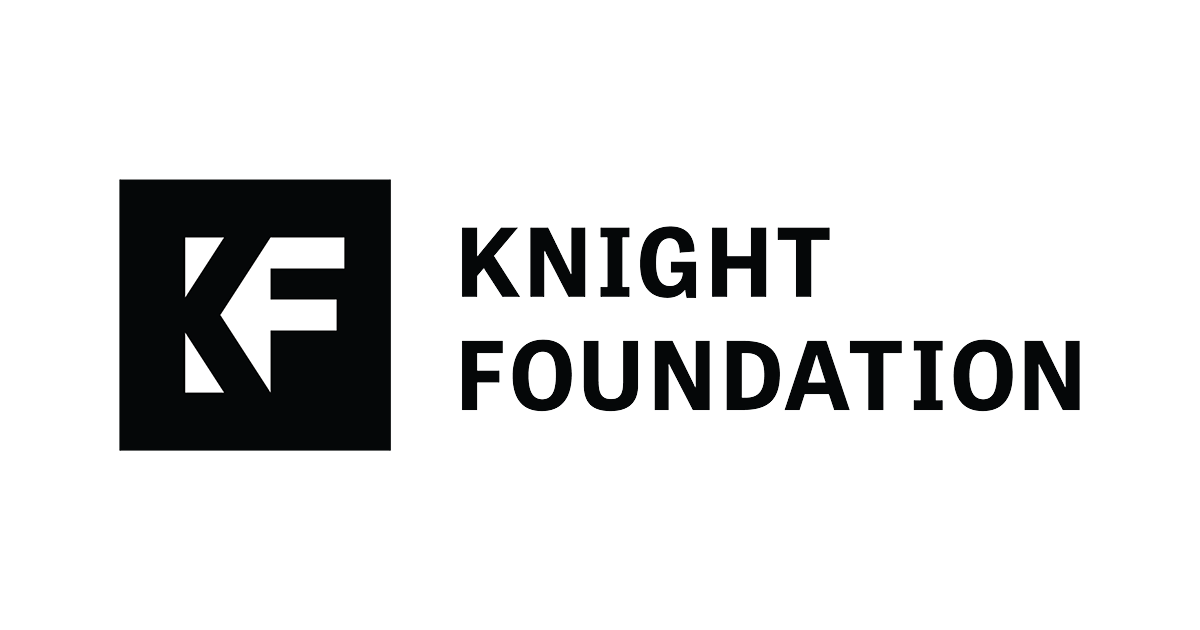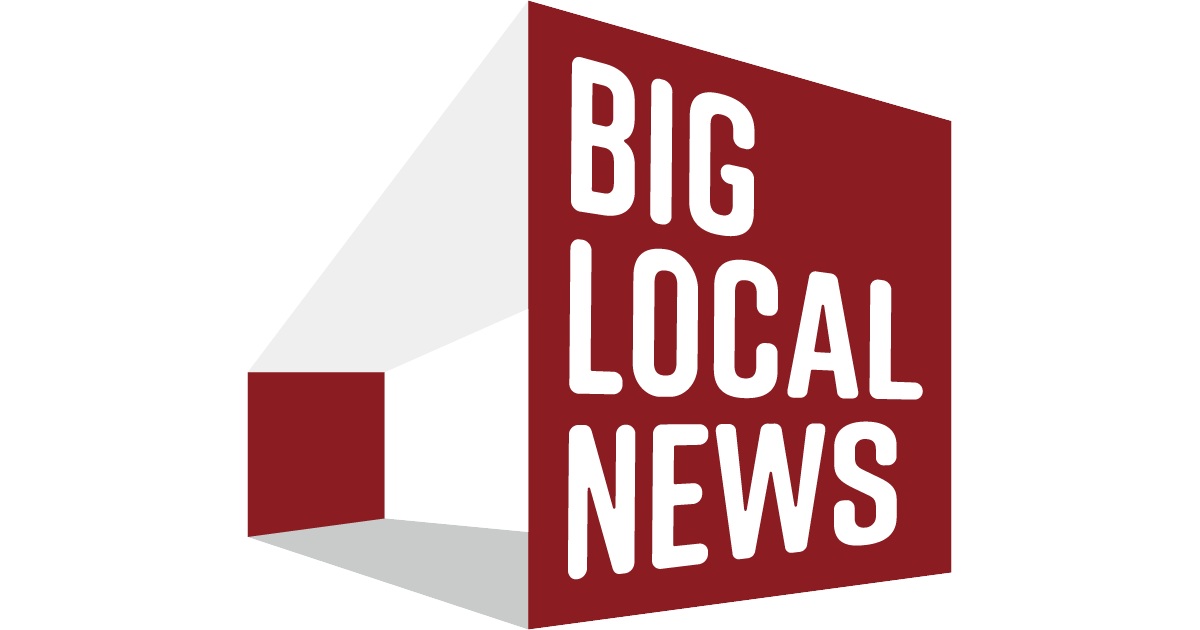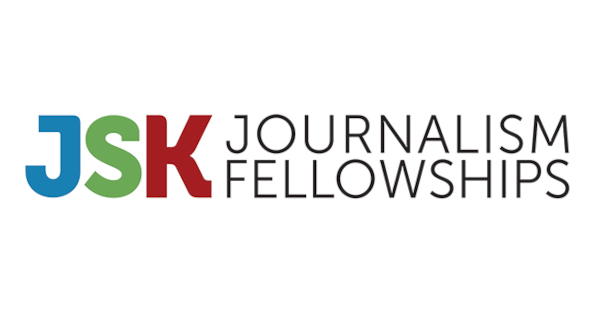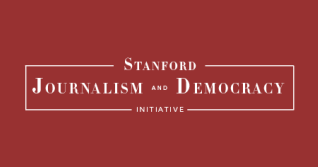Story Discovery At Scale
The intersection of computation and journalism
The Story Discovery at Scale conference brings together an emerging cohort of thought leaders and practitioners in the fields of computation and journalism to address challenges and explore potential collaborative work.
The third year of this conclave – hosted by Big Local News at Stanford University, and sponsored by the Knight Foundation – is designed to foster conversation and the sharing of new ventures. This year, we will identify focused, collaborative projects for the community to develop with Big Local News.
As part of the conference, you will have opportunities to share your projects and areas of interest. Researchers and computational journalists will present some of the latest techniques for story discovery in the news. There will be deep dives into key areas: automation, generative AI tools for data extraction, product development, and processing large troves of information in smarter ways, and in ways that will support telling stories.
We look forward to seeing you soon.
Schedule
Day One – Thursday, April 3
Welcome, breakfast, and introductions
Moving from the possibilities to the real. Next steps
Speakers:
- Marc Lavallee – Knight Foundation
- Cheryl Phillips – Big Local News
Project Share: Blue sky
We will hear about the blue-sky projects you're dreaming about and your wish lists for new tools and techniques to develop. Speakers will have 5 minutes to present their project work or early-stage ideas, with an eye toward surfacing potential areas for collaboration.
Speakers:
- Aaron Mendelson
- Ariel Zirulnick
- Dana Chiueh
- Subbu Vincent
An intro to our working groups
Lunch (provided) and project working group selections
Expert Share by Monica Lam
Monica Lam, faculty director of the Stanford Open Virtual Assistant Laboratory, expands on the revolutionary advancements in LLM technologies and her lab's open-source knowledge assistant that can enhance the productivity of researchers, journalists, and historians. This talk will discuss the technological breakthroughs, a case study in journalism, new research frontiers, and the technical feasibility of providing free AI access to knowledge worldwide.
A look at what's new in the world of AI and LLMs and what we learned in 2024
Speaker:
- Simon Willison
Topical breakout working groups
Take some time to explore campus
A dinner buffet
Day Two – Friday, April 4
Breakfast and networking
Project Share round 2: In-flight
Attendees will have 5 minutes for a lighting-talk style session to present their own projects, with an eye toward surfacing potential areas for collaboration. The focus here will be on projects that are well under way or are complete.
Speakers:
- Andrew Rockway
- Candice Mays
- Gabe Kahn
- Suraj Thapa
Collaboration at Scale: From local to national
Join journalists in discussing new ways to collaborate across local newsrooms and beyond. We explore how to target and scale data-driven work for greater impact. We'll also talk about best practices and lessons learned for starting a collaboration between local newsrooms using data.
Speakers:
- Sona Patel – New York Times Investigative Reporting Fellowship
- Noah Baustin – San Francisco Standard
- Ryan Little – Baltimore Banner
- Alana Rocha – Institute for Nonprofit News' Rural News Network
- Thomas Dee – Stanford's Graduate School of Education
Lunch (provided)
Topical breakout working groups session
Takeaways and next steps
A mini-panel with representatives from each working group
Speakers:
- Marc Lavallee – Knight Foundation
- Cheryl Philips – Big Local News
- Working Group representatives
Break
Take some time to explore campus.
A dinner buffet
Travel and lodging
Click here for information on airports and ground transportation to Stanford.
Free parking permits are available. Please fill out this form to request a permit.
Conference location
The conference will be held in Studio 40, located in the sub-basement of McClatchy Hall.
McClatchy Hall, Stanford
Room S40















